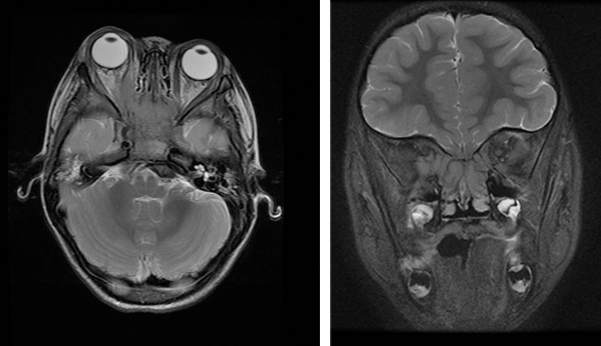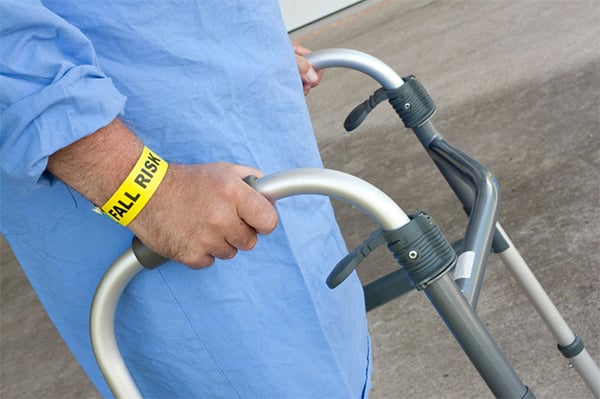And, So it Begins!
Written by a Collaboration of Northeast EMRA MSC Members
On the morning of September 29, 2021, thousands of hopeful applicants reached a significant milestone in their quests to become physicians when their medical residency applications were officially made available to residency programs across the country. The Electronic Residency Application System (ERAS) disseminated thousands of applications that day, leaving medical students across the globe in limbo as they eagerly awaited interview invitations from residency programs.
The first official day ERAS allows programs to view applications is monumental. It personifies the culmination of years of volunteering, research, completed examinations, and participation in various extracurricular activities. Amidst what can oftentimes be a stressful time for students who are awaiting responses from programs, EMRA’s Medical Student Council members have found multiple ways to make the process less strenuous.
“Destressing for me has mainly been getting back into rock climbing and catching up on my reading list,” shared Chiamara Anokwute, who serves as the Chair of the MSC. “I’m currently averaging about four days a week bouldering and slowly working through the ‘Stormlight Archive’ series by Brandon Sanderson!”
Between the months of October through January, applicants applying to most residency programs can expect to be notified of an interview invitation at any time of the day. Alex Gallaer, who serves as one of the Northeast regional representatives, keeps himself occupied by taking part in hobbies that keep him grounded.
“I was really lucky to get to spend some time road-tripping, camping, hiking, and mountain biking through Utah, New Mexico, and Arizona following my away rotation,” he shared. “I'm really looking forward to the snow starting to fall so that I can get out on my snowboard.”
The fourth year of medical school can be an incredibly reflective period for students. After years of extracurricular activities, board examinations, poster presentations, and various other activities, the final year of medical school is the last stretch before graduation and the new journey of medical residency.
“If I could go back to my first year in medical school, I would remind myself to pause more to reflect on the big picture after a long day of studying,” said Alexa Van Besien, who serves as the Northeast Coordinator. “It feels surreal to be at this culminating point in medical school. Still, I feel both excited and nervous to begin an entirely new journey as a future resident. I would remind myself to lean into the process, not just the destination. I aim to carry this outlook with me in residency!”
When asked what lasting advice he’d give to future medical students, David Wilson, who serves as the Vice Chair for the MSC, stated that passion for doing what you love matters most.
“I remember a talk about building a CV and applying for residency mentioning these ‘buckets’ we should strive to fill like academics, research, volunteering, and leadership,” said Wilson. “In my second year, I got a piece of advice I'll never forget: your story is more important than filling any ‘bucket’. Why did you do the things that you put in these buckets? Focusing on your mission and the ‘why’ behind taking on any opportunity is more important than the opportunity itself.”
Related Content







